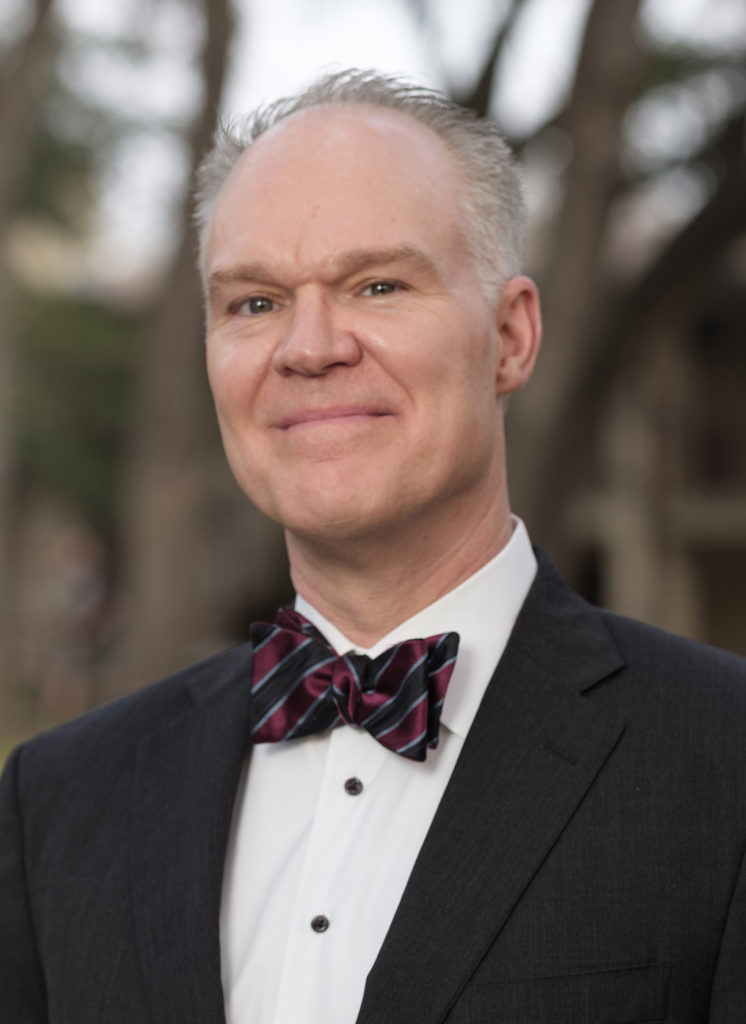
The summer before I turned 40, I worked as a hospital chaplain. (My priest had enrolled me in clinical pastoral education, saying it was probably the only way to save my soul.) I wore a clerical collar and visited suffering patients. After about two weeks, my steely-eyed supervisor stopped me as I was leaving a patient’s room.
“You’re really awful,” she said.
“Excuse me?” I protested.
“Probably the worst chaplain we’ve had at this hospital.”
“But I’m visiting all the patients. I’m working hard.”
“You talk too much. You give a lot of advice. You’re exhausting them.”
“I’m just trying to relieve suffering.”
“The only relief they’re getting is when you leave the room.”
“So how do I get better?”
“You’re not going to get better. You’re just not good at this.”
“But I’m here for another ten weeks.”
She thought for a moment. “I’m sure you’re a good teacher. That’s the problem. A suffering person doesn’t need a teacher. He needs someone who is willing to learn what his life is like. He needs someone who is willing to be his student.”
“I never thought of that.”
“Yes. It’s clear you haven’t. What’s not clear is whether you’re willing to be with people that way.”
On his recent visit to Southwest, theologian Sam Wells talked with students about the difference between being with people and working for them. Jesus, he pointed out, spent the vast majority of his life simply being with others.
At the hospital, I was doing what had worked for 40 years, performing in a way that kept me safe and feeling useful, but my priest had maneuvered me into an environment in which this way of working no longer worked at all. I had no idea how to handle silence or aimlessness or how to be with people.
My supervisor’s feedback reminded me of one of my grandmother’s sayings: “People are always trying to teach you how to love them.” At the hospital, I was flunking out.
At my supervisor’s suggestion, I created a ritual: Before walking into a patient’s room, I’d put my hand on the door and ask: Am I willing to learn what this person’s life is like? And when the answer was no, I’d go get coffee or hide out in the bathroom. And when the answer was yes, I’d enter as a student, not knowing what I was doing. I never got good at it, but skill wasn’t the point. Willingness, I was learning, was the path to being with.
A mentor defined arrogance as believing you have nothing to learn from the other guy — which is another way of saying that you’ve already fully comprehended him. When I catch myself making such a judgment about another person, I’m usually reaching for a favorable comparison, a quick way to feel better about myself, even if it means learning nothing and remaining alone with fear.
My priest must have seen how heavily I leaned on comparison, what it cost me and others, and sent me to the hospital for a summer of cold turkey.
Not long ago, on a flight from Austin to Chicago, I sat next to a man in work denim with a bushy beard and a baseball cap pulled down over his eyes. Two empty vodka bottles sat on his tray table. We were still at the gate.
I anxiously rifled through my satchel for something to read — then stopped. I couldn’t ignore his signal, his offer. Without thinking I heard myself say: “Flying is scary.”
He tilted his cap up and looked at me, first fearfully, then suspiciously. Then curiously. Then he said: “Yeah.”
I asked: “What’s scary for you?”
He said: “I’m afraid my kids are growing up without me.”
He described long stints in the oil fields of North Dakota, troubles at home, a friend who’d died. He told me about each of his four children, what they loved and what they needed. He hinted at his politics, and when I didn’t react, he moved on to memories of his mostly absent father.
The flight attendant cleared the bottles. He didn’t order more.
I didn’t say much. Overwhelmed by this stranger’s trust, I wanted only to honor the risk he was taking and to be there with him.
Suddenly the flight was over. We stood up. He hugged me. “Thank you,” he said. “That helped.”
“Yes,” I said. “It did.”
I sat for a bit in the gate area, drying tears, giving thanks for a life I almost missed.
Am I willing to learn from this stranger?
What is comparison costing me?
 Dr. Steven Tomlinson coaches Wall Street, Fortune 500 and high-tech start up executives and managers. He is a Founding Master Teacher at the Acton School of Business for Entrepreneurship. He taught economics and finance at The University of Texas at Austin where he designed and directed the MBA professional development program. He is also Joe and Jesse Crump Visiting Professor of Leadership Formation and Vocational Pedagogy at the Seminary of the Southwest and an accomplished playwright and performer. His award-winning solo shows have been produced in Austin and off-Broadway.
Dr. Steven Tomlinson coaches Wall Street, Fortune 500 and high-tech start up executives and managers. He is a Founding Master Teacher at the Acton School of Business for Entrepreneurship. He taught economics and finance at The University of Texas at Austin where he designed and directed the MBA professional development program. He is also Joe and Jesse Crump Visiting Professor of Leadership Formation and Vocational Pedagogy at the Seminary of the Southwest and an accomplished playwright and performer. His award-winning solo shows have been produced in Austin and off-Broadway.

